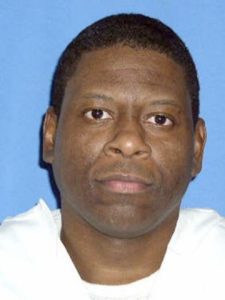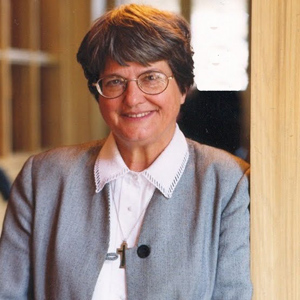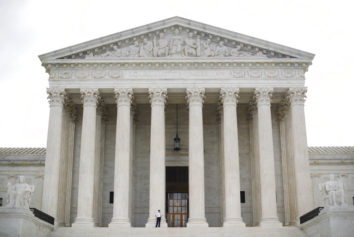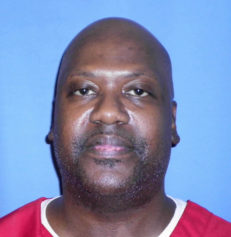Sister Helen Prejean, a Roman Catholic nun who came into fame when her autobiography inspired the hit 1995 film, Dead Man Walking, is charging Texas with “incurable racism” as she tries to stop the execution of a Black man on death row.
In two weeks, Rodney Reed is scheduled to be put to death for the 1996 rape and murder of 19-year-old Stacey Stites. He and his lawyers have unsuccessfully sought to have DNA taken at the scene retested with modern technology after one of the victim’s relatives said evidence points to Reed’s innocence.
The forensic investigator in the original trial has reversed his analysis, which was the heart of the case against Reed, and now says semen found in the corpse was likely from a consensual sexual encounter well before Stites’ death.
Prejean, whose book documented her relationship with a prisoner, says the refusal by officials to further investigate in light of the new evidence is disturbing, but not surprising.
“If you don’t equally value your citizens in life, you won’t value them in death,” she told Al Jazeera America, referring to the police killings of Michael Brown and Eric Garner, among others.
Prejean used the 1987 case of McClesky v. Kemp to make her point. The Supreme Court acknowledged that “race plays a role in the death penalty,” she said, “but they said that it would be too costly to remedy it. You have the highest court of the land acknowledging racism in the justice system, and saying it’s too costly to fix it. That’s all the fabric of the legal system, that we have incurable racism.”
The Friends Meeting of Austin, Texas—a Quaker service that has taken place for 10 years to discuss issues like the death penalty—plan to send a letter to the Texas Board of Pardons and Paroles, citing “sanctity of life” as a reason to explore Reed’s “possible” innocence.
Stites’ first cousin, Kay Hart, whose parents the victim lived with during high school, told Al Jazeera that she also believes Reed is innocent. She said she has written to the Texas governor and other state authorities, asking for a retrial and further investigation into the death.
“Having an innocent man executed doesn’t bring Stacey back, for certain. It doesn’t represent justice,” Hart said. “We think it’s not just,” she said. “And it doesn’t matter what we think about the death penalty.”




